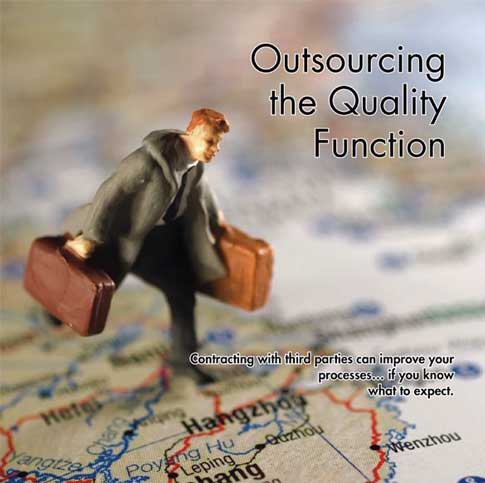
What is quality? An academic definition of quality as it relates to business might be that quality is a product or service that consistently has zero defects, conforms to particular specifications, and is satisfactorily received by the customer. Another aspect of quality is that it is a thought process sought out by organizations to create an overall drive toward efficiency, the reduction of waste, and the continual creation of more streamlined management processes.
“Unlike twenty years ago, when the quality department was viewed as the creator of quality, now the whole concept is more ingrained into the culture of organizations,” says Ron Atkinson, past president of the American Society for Quality. “Quality is created by the people performing the function, whether it be assembling a Bluetooth device or filling out an intake form at a medical clinic. Therefore, a culture of quality is emerging in which the leadership of organizations is emphasizing that the functional areas are responsible for quality in the same way that they are responsible for manpower costs, etc.”
…
Comments
Internal Audit
One thing I can add to this article is what ever we do we need to have out side auditors in any facility no matter what size, reason why, internal auditor sees and documents only the daily problems not as a major nonconformance again why becusae internal auditor is always there and look at the same problems all time, a facility need sombody to recognise the bigger problems that is there and somtmies only outsider can see and verifiy them.
Thanks
Totally agree with comments
Totally agree with comments from Victor K.
Add new comment